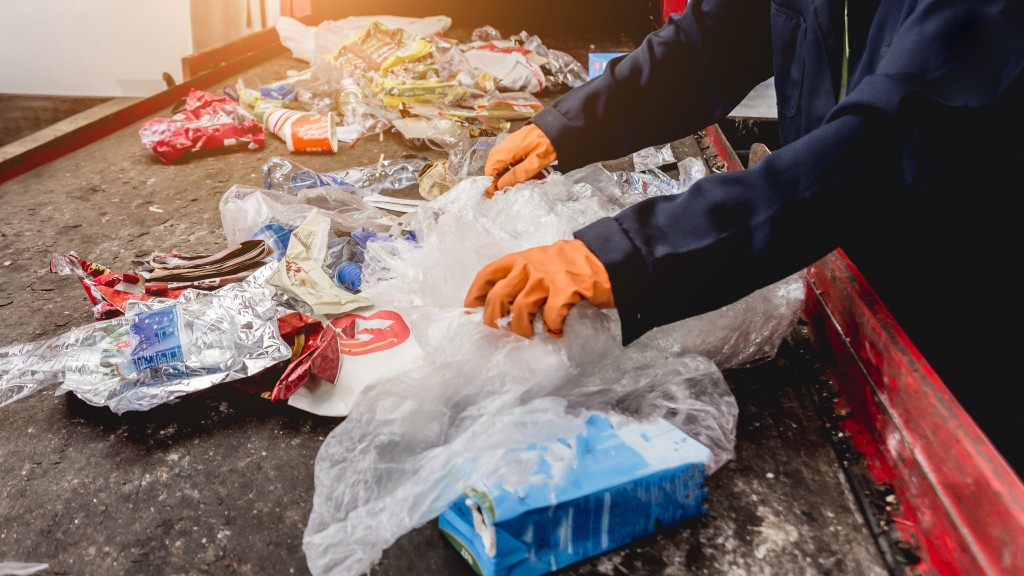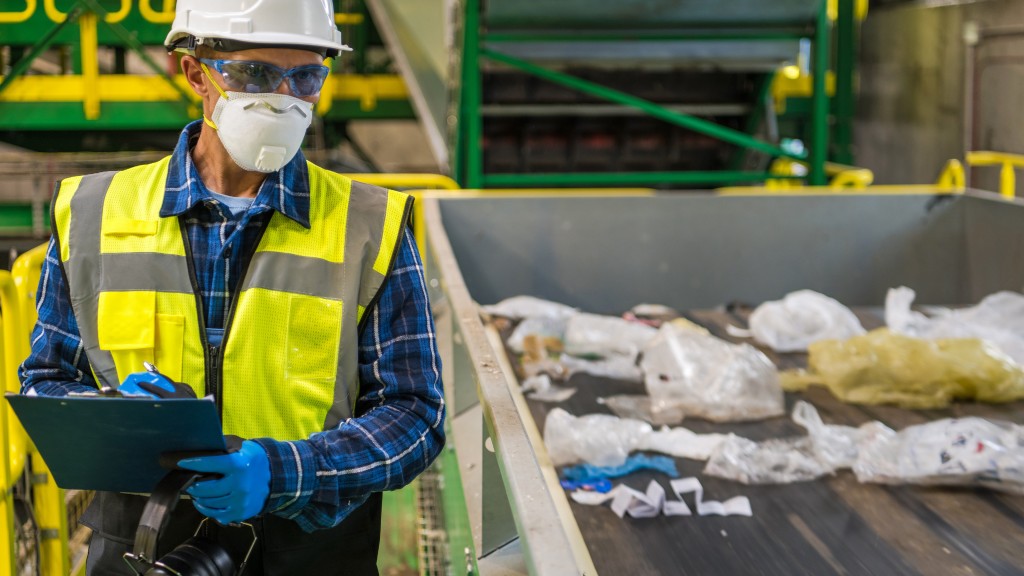
The Canada Plastics Pact (CPP) has welcomed Omnia Packaging Inc., BASF Canada, and NSF to its expanding network of more than 95 partners in the third quarter of 2023.
Omnia Packaging Inc. joins as a signatory partner
Omnia Packaging Inc., a Canadian subsidiary of Sunino Group, is a food packager specializing in injection plastic production producing exclusively recyclable polypropylene (PP) plastic packaging. They are committed to collaborating with other PP producers in Canada to increase recycling efforts.
NSF joins as an implementation partner
NSF is a public health and safety organization that helps companies responsibly manage their corporate, facility, product, and supply chain materials with customized solutions. They are committed to assisting CPP partners to operate more responsibly through better materials management.
BASF Canada joins as a knowledge partner
BASF is focused on advancing sustainability and driving a circular economy by taking actions like designing materials for circularity, developing solutions that improve or enable recycling, and establishing product-specific recycling loops. They are committed to sharing professional, technical, and commercial systems knowledge to support CPP's advancement on its roadmap and collaborate on programming, standards, policies, and solutions to further plastics circularity.
"We are excited to welcome these new stakeholders to the pact, each contributing unique perspectives to the plastics value chain," said Cher Mereweather, managing director at the CPP. "Our collective commitment to advancing solutions to achieving a circular economy for plastics is strengthened by their involvement."
Since the CPP launched in January 2021, various initiatives have been underway to address the opportunities and challenges to enacting systems change, such as forming nine working groups that bring together the key stakeholders to tackle the pressing issues around plastic waste and pollution.
The CPP's guidance documents, driven by the collective expertise of its working groups, are a tool for supporting stakeholders to implement circular economy principles in their operations, by sharing knowledge and solutions. Most recently, the CPP released its five-year roadmap (2023 to 2027) for advancing flexible plastic packaging in Canada. It's designed for stakeholders across Canada, including manufacturers, producers and brand owners, retailers, stewardship agencies, recyclers, and governments, to work together on clear and practical objectives.
Building upon these achievements, the CPP is gearing up to release more outputs from its working groups in the coming months, including a guidance document to support the elimination of unnecessary and problematic plastics, a recycled content guide, and a guide on compostable packaging.



